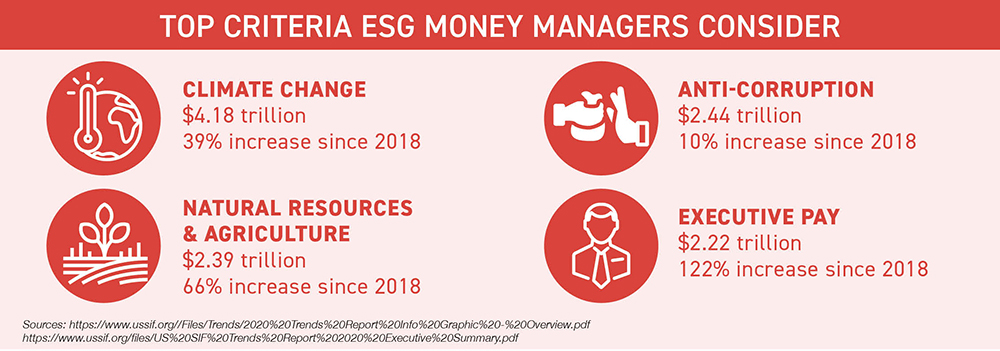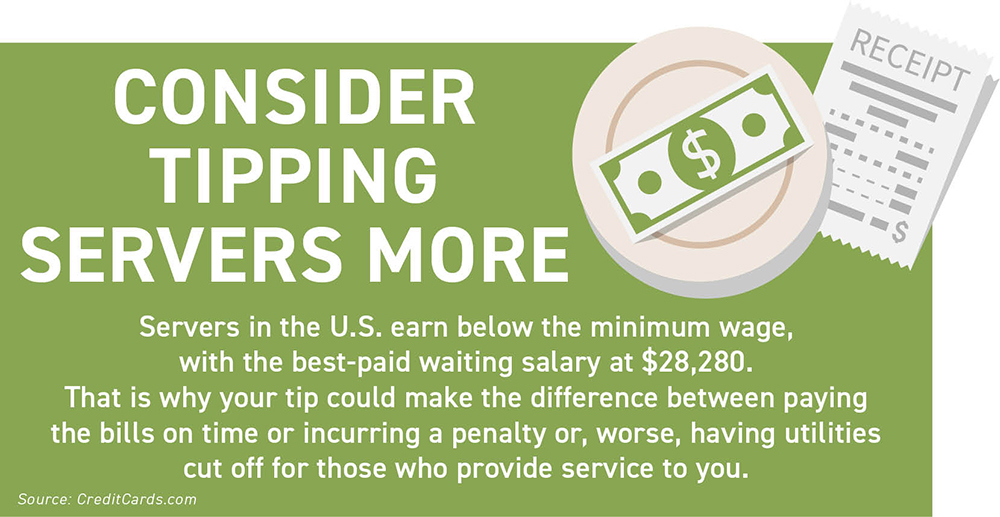Relocating to a different state means state tax changes. Simply because a state has low (or no) income tax doesn’t necessarily mean it’s a low tax state. A state needs funds to survive and while they may not charge income tax, there are other ways to collect taxes.
SALES TAX
Sales tax can vary by type of product or service purchased. And the rate can vary depending on where you make the purchase.
Currently, there are five states without a state sales tax. In the other 45, a state-wide sales tax is collected on taxable goods and services. For example, Florida has a 6% state-wide tax rate, and Colorado’s is 2.9%.
On top of the state sales tax, local counties, cities, or municipalities may collect their own sales tax. If you’re in Miami, you’ll pay an additional 1% sales tax to Miami-Dade County, and in Denver, you’ll pay an extra 4.81% on most retail purchases.
Along with different rates, most states tax items differently. While some basic goods like groceries may be exempt from sales tax, other things like alcohol and sugary beverages may incur excise taxes in addition to the state and local sales taxes.
REAL ESTATE TAX
One of the primary revenue sources for local governments is real estate tax, where the tax is based on the value of the owned property. And if you’ve bought real estate recently, you may notice a hike in property tax. That’s because of the higher prices of housing. Your locality will likely adjust appraisal values and taxes according to the higher value.
OTHER TAXES
Although sales and real estate taxes will be the two most significant taxes to consider, there are a few others to consider. Motor vehicle taxes, those fees you pay to register your car, boat or RV each year, vary from state to state. If you are working in your new locale, be aware that some cities have occupational privilege taxes you’ll pay, in addition to any state income tax. And some states have an estate or inheritance tax — Maryland has both.








